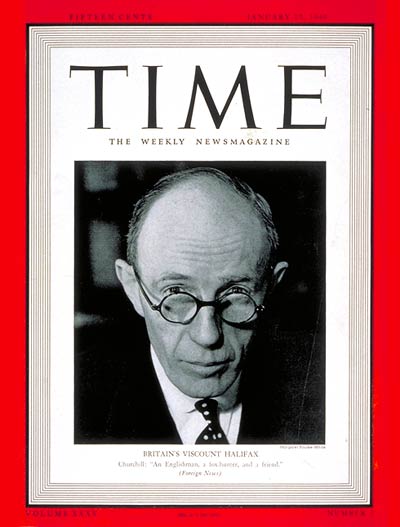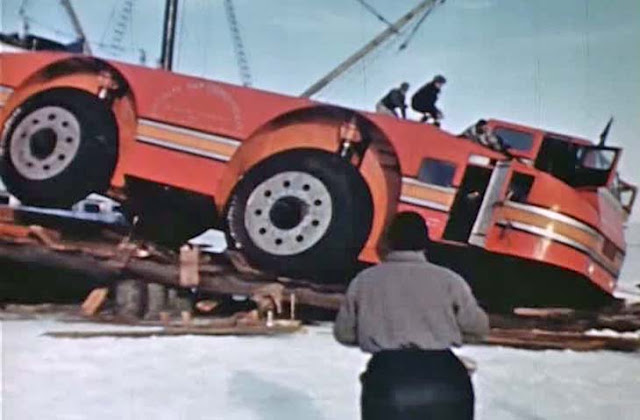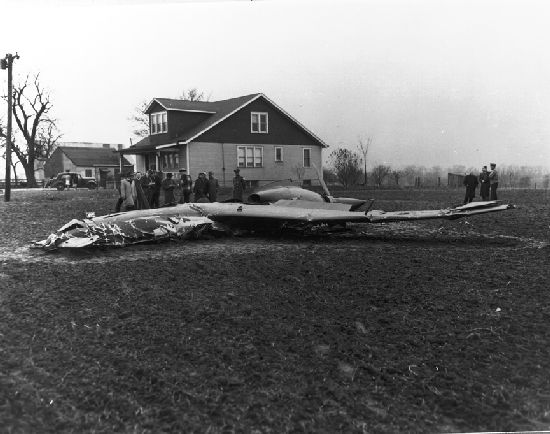Sunday 24 March 1940
 |
| A French destroyer of the L´Adroit class. One of these destroyers is sunk on 24 March 1940. |
Convoy OA 116 departs from Southend, Convoy OB 116 departs from Liverpool.
The Luftwaffe intercepts a French Potez 637 over Zweibrucken and shoots it down.
The RAF mounts another raid against the Hornum seaplane base on Sylt, but achieve little. The raids are good for public morale (and for PM Chamberlain keeping his job) but of almost no military consequence.
French Government: Prime Minister Reynaud's inner war cabinet is considering different alternatives for prosecuting the war but face roadblocks. There also is a certain amount of self-deception going on. For instance, they wish to focus on submarine attacks on Soviet shipping in the Black Sea - but France doesn't have a fleet of submarines. Another option is bombing Soviet oilfields at Baku - but their bombers cannot reach them. One option that is emphatically rejected and not under consideration is venturing beyond the Maginot Line and invading Germany because the Maginot Line is the country's security blanket. Basically, the French government is contemplating "panacea" operations that wouldn't involve very much bloodshed, and certainly no fighting on French soil.
 |
| Two British seamen work their Victory Garden at their training site as winter turns to spring, 24 March 1940. This is more the reality of warfare than bombs and bullets. |
China: The Japanese continue battling to cross the Wu-chia River for the third day without success. Headquarters is sending more troops.
In the Battle of South Kwangsi, the Chinese 46th Army continues attacking the Japanese 22nd Army at Lingshan.
German Homefront: William Shirer, working in Berlin, is fascinated by the German mindset: "How patiently Germans stand in the rain for a tiny ration of candy!" Just wait about 10 years, William.
 |
| The cover of the New Yorker, 23 March 1940. |
March 1940
March 1, 1940: Soviet Breakthroughs Past ViipuriMarch 2, 1940: Soviets Swarm West in Finland
March 3, 1940: Soviets Across Gulf of Viipuri
March 4, 1940: USSR Apologizes to Sweden
March 5, 1940: Katyn Forest Massacre Approved
March 6, 1940: Finns Head to Moscow
March 7, 1940: The Coal Ships Affair
March 8, 1940: Peace Talks Begin in Moscow
March 9, 1940: Soviets Harden Peace Terms
March 10, 1940: Germany Draws Closer to Italy
March 11, 1940: Winter War Peace Terms Finalized
March 12, 1940: War is Over (If You Want It)
March 13, 1940: Winter War Ends
March 14, 1940: Evacuating Karelia
March 15, 1940: The Bletchley Bombe
March 16, 1940: First British Civilian Killed
March 17, 1940: Enter Dr. Todt
March 18, 1940: Mussolini To Join the War
March 19, 1940: Daladier Resigns
March 20, 1940: Soviets Occupy Hango Naval Base
March 21, 1940: Paul Reynaud Leads France
March 22, 1940: Night Fighters Arise!
March 24, 1940: French Consider Alternatives
March 25, 1940: Reynaud Proposes Action
March 26, 1940: C-46 First Flight
March 27, 1940: Himmler Authorizes Auschwitz Construction
March 28, 1940: Allies Ponder Invading Norway
March 29, 1940: Soviets Prefer Neutrality
March 30, 1940: Allied Uncertainty
March 31, 1940: The Tiger Cage
2019







